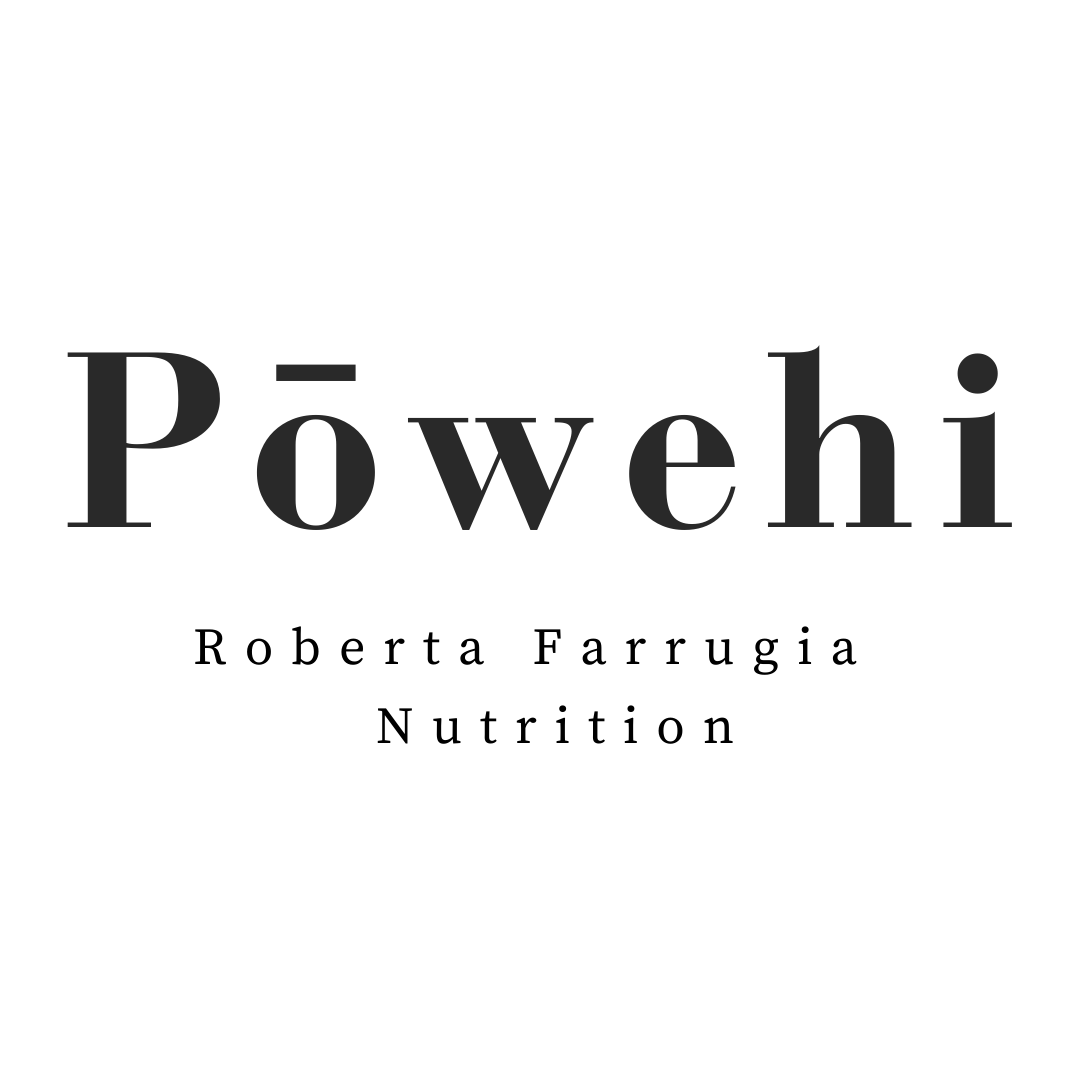Happy New Year, everyone! As we usher in 2025, it’s the perfect time to set our sights on health goals that last. But before jumping into quick fixes or extreme diets, let’s take a step back and focus on sustainable nourishment that will fuel you all year long.
As a Certified Holistic Nutritionist, I believe in a balanced approach to health; one that nurtures not just the body, but also the mind and spirit. So, let’s explore how you can build a healthier, more energized life in 2025, using science-backed nutrition and self-care practices.
Whole Foods Over New Year’s Resolutions
By now, many of us are familiar with the New Year’s resolution cycle: a burst of motivation that often fizzles out within weeks. This year, let’s focus on nourishing your body with whole, unprocessed foods rather than adopting extreme resolutions. Small, sustainable changes lead to long-term results.
Whole foods like fruits, vegetables, whole grains, lean proteins, and healthy fats are packed with essential nutrients and antioxidants. These nutrients are proven to reduce chronic inflammation, promote heart health, and support healthy brain function. For example, a diet rich in antioxidants (from berries, leafy greens, and nuts) has been linked to better cognitive function and a lower risk of neurodegenerative diseases like Alzheimer’s (Journal of Nutritional Biochemistry, 2020).
Mindful Eating: The Secret to Healthier Eating Habits
How often do you find yourself eating while distracted; whether it’s scrolling through your phone, watching TV, or multitasking? Mindful eating is about slowing down, being present with your food, and truly savouring each bite.
Research has shown that mindful eating not only helps with digestion by activating the parasympathetic nervous system (your “rest and digest” mode), but it also reduces the likelihood of overeating. A 2015 study published in Appetite found that mindfulness practices can help regulate appetite by increasing your awareness of hunger cues and preventing emotional eating (Kang et al., 2015). Mindful eating has even been shown to reduce levels of cortisol, the stress hormone, helping to manage stress better over time.
Fuel Your Gut: A Healthy Microbiome Equals a Healthy You
The connection between your gut and your overall health; often called the gut-brain axis, is more powerful than you may realize. A healthy gut microbiome can influence everything from mood regulation to immune function and even your metabolism.
A diet rich in fiber (think beans, whole grains, vegetables) and fermented foods (like kimchi, sauerkraut) has been shown to improve gut health by promoting the growth of beneficial bacteria. According to a 2022 study in Nature Reviews Microbiology, a balanced gut microbiome helps reduce systemic inflammation and supports brain health by regulating neurotransmitter production (Chong et al., 2022). This connection is why a healthy gut isn’t just vital for digestion; it’s essential for emotional health and cognitive function too.
Hydration: The Key to Energy and Vitality
Staying hydrated is often overlooked, but it’s a cornerstone of optimal health. Dehydration, even at mild levels, can impair cognitive function, digestion, and physical performance.
A 2019 study published in Frontiers in Nutrition found that even mild dehydration can lead to fatigue, headaches, and reduced concentration (O’Connor et al., 2019). In fact, maintaining hydration is essential for maintaining energy levels and skin health. Aim to drink at least 8 cups of water per day, and more if you are active. If you’re looking to boost hydration, adding electrolytes or infusing your water with fruits like lemon or cucumber can improve both flavour and water retention.
Nourish Your Body and Mind with Self-Care
True health isn’t just about the food we eat; it’s about the practices that nourish our mental and emotional well-being too. The start of a new year is an ideal time to incorporate self-care rituals into your routine that help reduce stress and promote a sense of calm.
Practices like mindfulness meditation and yoga have been shown to significantly reduce cortisol, the body’s stress hormone, while promoting relaxation. Studies have shown that regular mindfulness meditation can improve immune function, reduce inflammation, and enhance overall emotional well-being (Kabat-Zinn et al., 2016). Even just a few minutes of deep breathing or meditation can have profound effects on your mental health and stress levels.
Sleep: The Foundation of Health
Sleep is the body’s natural repair mechanism, and yet, it’s often the most neglected aspect of health. Without proper sleep, our bodies cannot repair, rejuvenate, or replenish energy stores.
Research consistently shows that getting 7–9 hours of quality sleep each night improves metabolic function, memory, immune health, and mood regulation. According to a study published in The Lancet Neurology (2019), chronic sleep deprivation has been linked to an increased risk of obesity, cardiovascular disease, and cognitive decline. Sleep is also crucial for regulating hunger hormones like ghrelin and leptin, which play a role in appetite control (Cappuccio et al., 2008).
As we step into 2025, remember that health is not about drastic diets or short-term fixes. It’s about making small, evidence-based changes that support your long-term well-being. By focusing on whole foods, mindful eating, gut health, hydration, self-care, and sleep, you can create a vibrant, energized year ahead.


